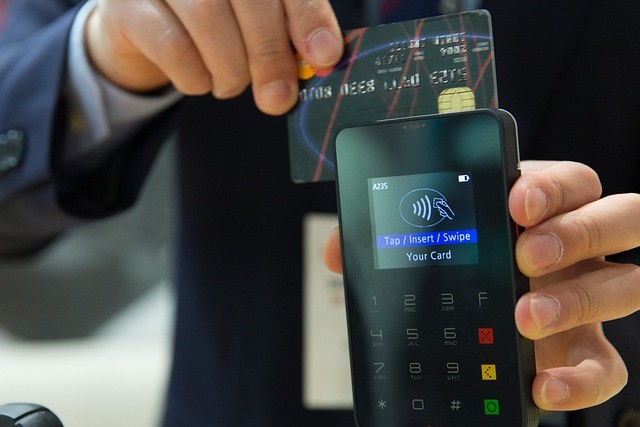Online banking has become increasingly popular due to its convenience and accessibility. However, it’s essential to consider the pros and cons before fully embracing this digital banking method. Here are five pros and cons of online banking:
Pros:
1. Convenience
Online banking allows you to manage your finances from anywhere, at any time. You can access your accounts, check balances, transfer funds, and pay bills without visiting a physical bank branch. This convenience saves time and offers flexibility.
2. Accessibility
With online banking, you can access your accounts 24/7, even on weekends and holidays. This accessibility allows you to monitor your transactions, track spending, and stay updated on your financial status whenever you need to.
3. Cost Savings
Online banking often comes with lower fees and charges compared to traditional banking services. Many online banks offer free checking accounts and reduced transaction fees, helping you save money in the long run.
4. Enhanced Security Measures
Online banks implement advanced security measures to protect your financial information. Encryption, two-factor authentication, and secure login processes help safeguard your account from unauthorized access. Online banking can provide a secure environment for your transactions.
5. Digital Tools and Features
Online banking platforms offer various tools and features to simplify financial management. These include budgeting tools, transaction history, e-statements, and mobile banking apps, allowing you to track your expenses, set financial goals, and gain a comprehensive overview of your finances.
Cons:
1. Lack of Personal Interaction
Online banking eliminates face-to-face interactions with bank representatives. Some individuals may prefer the personalized service and human touch provided by in-person banking, especially when dealing with complex financial matters or seeking guidance.

2. Limited Cash Access
Online banks may have limited physical branch locations and ATMs compared to traditional banks. This limitation may pose challenges when you need immediate access to cash or when conducting cash-related transactions.
3. Technology Dependence
Online banking relies on technology and internet connectivity. Any technical issues, system downtime, or internet outages could temporarily disrupt your access to banking services. It’s important to have contingency plans in place for such situations.
4. Security Risks
While online banking platforms implement robust security measures, there is always a risk of cyber threats, such as hacking or identity theft. It’s crucial to follow security best practices, such as using strong passwords, regularly updating software, and avoiding suspicious emails or websites.
5. Limited Deposit Options
Some online banks may have limited options for depositing cash or checks. While electronic transfers and mobile check deposits are common, physical cash deposits may require alternative methods, such as using partner ATMs or third-party services.
It’s important to consider your personal preferences, financial needs, and risk tolerance when deciding whether online banking is suitable for you. Assess the pros and cons to determine if the convenience and benefits outweigh any potential drawbacks.










